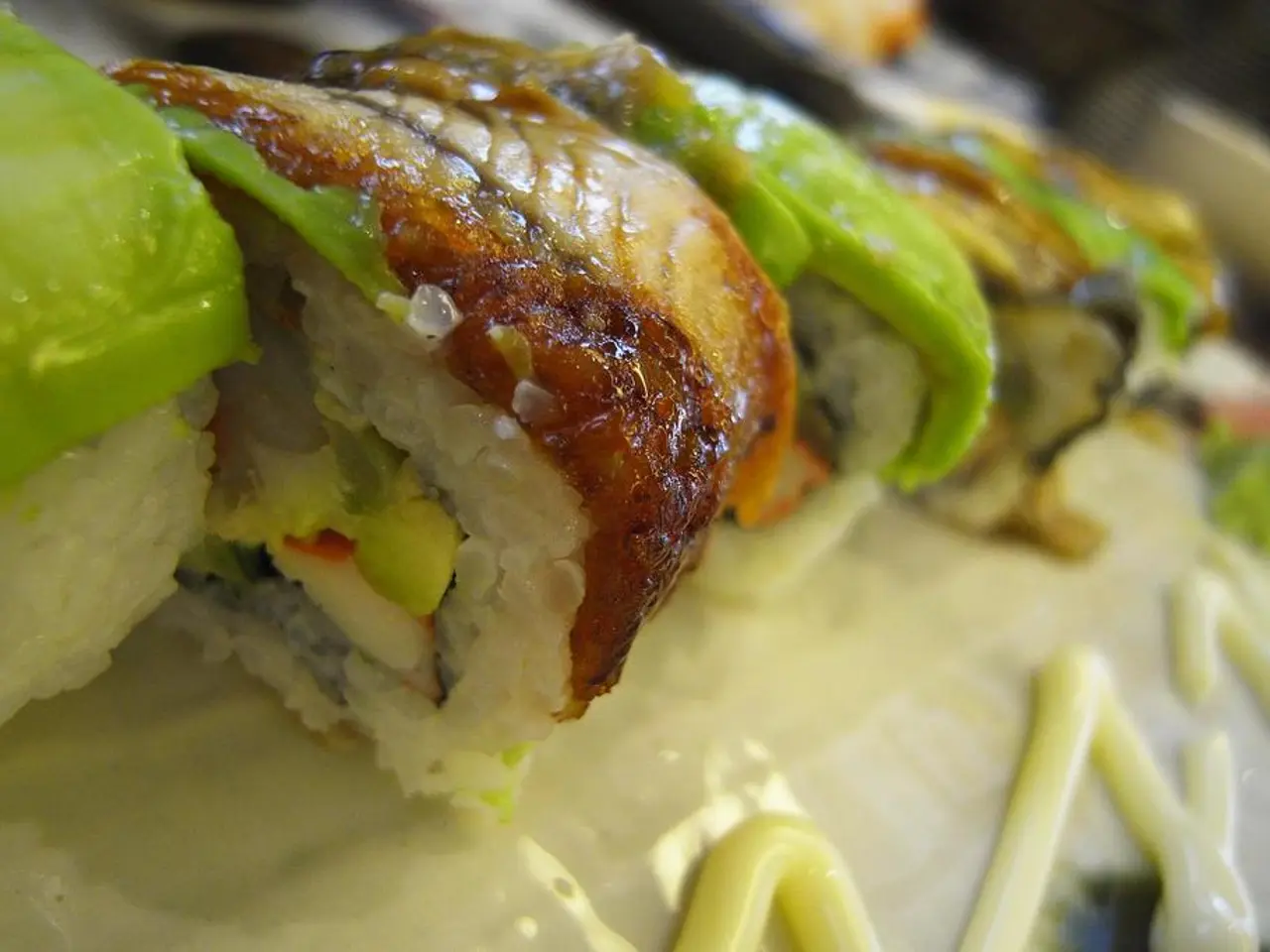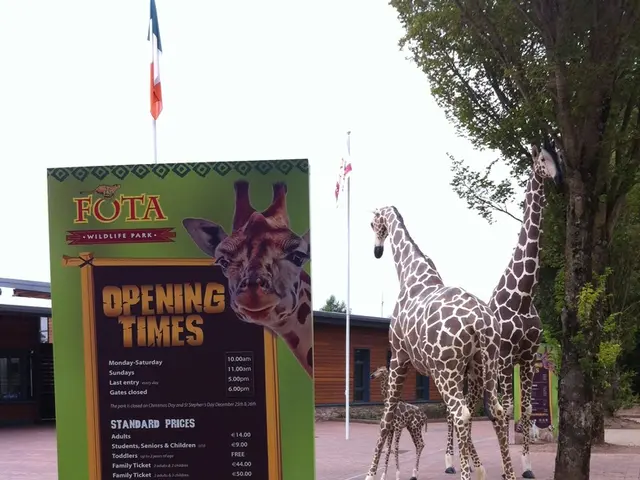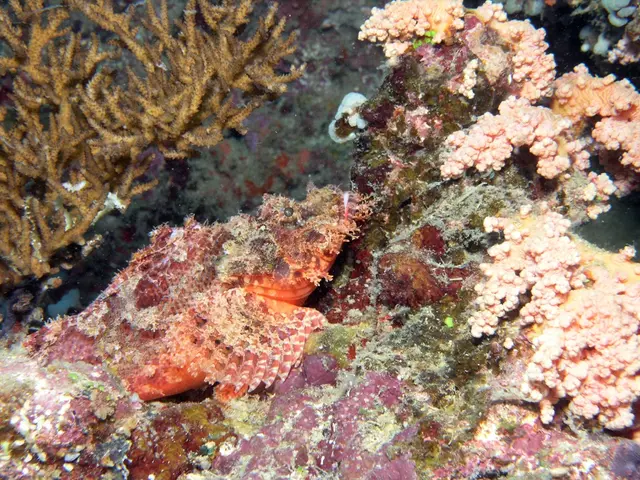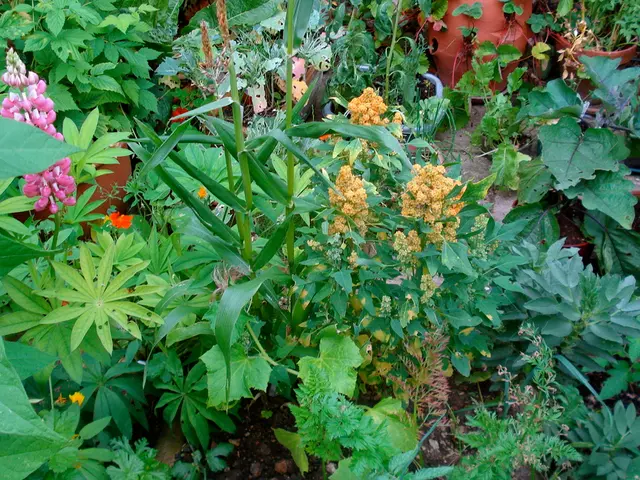Issues Surrounding the Packaging of Meal Kit Deliveries
In the rapidly growing meal kit delivery market, companies are increasingly focusing on reducing packaging waste and aligning with environmental policies. Here's a look at some current solutions and future directions in sustainable packaging:
Current Solutions
- Recyclable Packaging
- Companies like BistroMD are using recyclable cooler liners made from post-consumer and post-industrial materials. These plastic bags and trays can be recycled if cleaned properly.
- Many meal kit services are shifting towards using recyclable materials for packaging, ensuring that boxes and meal sleeves can be recycled with paper products.
- Reduction in Packaging Material
- Factor, for instance, is actively reducing packaging waste by using efficient packaging solutions for prepared meals.
- Companies are minimizing unnecessary packaging by optimizing the size and type of materials used.
- Edible Packaging
- Though not yet widely adopted in meal kits, edible packaging is emerging as a sustainable solution in the broader food industry.
- Eco-Friendly Alternatives
- Services like Blue Apron are exploring eco-friendly packaging options, though specific details are limited. They aim to reduce waste by choosing biodegradable materials when possible.
Future Directions
As the industry evolves, meal kit services may adopt more advanced packaging innovations, such as improved recycling programs and biodegradable materials. Consumer engagement in recycling efforts and education on proper disposal practices will also be crucial for reducing waste effectively.
Policy and Innovation
Government policies are increasingly focusing on extended producer responsibility (EPR) and sustainable packaging, which could drive further innovation in meal kit packaging. As consumers become more environmentally conscious, companies are likely to prioritize sustainability in their packaging solutions.
In the meal kit delivery industry, which is projected to grow by 5 billion over the next decade, companies like FreshRealm are working on integrating sustainable solutions into their model. FreshRealm's packaging vessel is reusable and cold-insulating, designed to keep ingredients chilled until 9:00 p.m. on the day of delivery. The food packaging inside the vessel includes disposable trappings, but FreshRealm has a reverse logistics system to get the reusable shipping vessel back and sanitize it, incurring reverse logistics costs.
Other concerns among customers include the volume of packaging waste from meal kits. Companies like Blue Apron have free cardboard box recycling programs, where customers can print a return shipping label. Marley Spoon, a European-based meal kit service, is planning to phase out its pickup recycling program due to customers finding it easier to recycle through curbside pickup services.
The relevance of meal-kit companies to a user base gaining more experience in home cooking remains to be seen. However, the industry's focus on sustainability and waste reduction could appeal to environmentally-conscious consumers. As more companies adopt sustainable practices, the meal kit delivery market could become a more eco-friendly option for busy households.
Read also:
- Exploring the Advantages of Outdoor Group Meditation for Enhancing the Mind-Body Union
- Sustainable Seafood Consumption: An Examination of Environmental Impact: A Guide for Seafood Lovers
- Perfect Treat for Soothing and Relaxing Muscles: Magnesium-Infused Body Butter
- Enhancing Mental Wellbeing through Gardening - Supported by Studies from Harvard University








